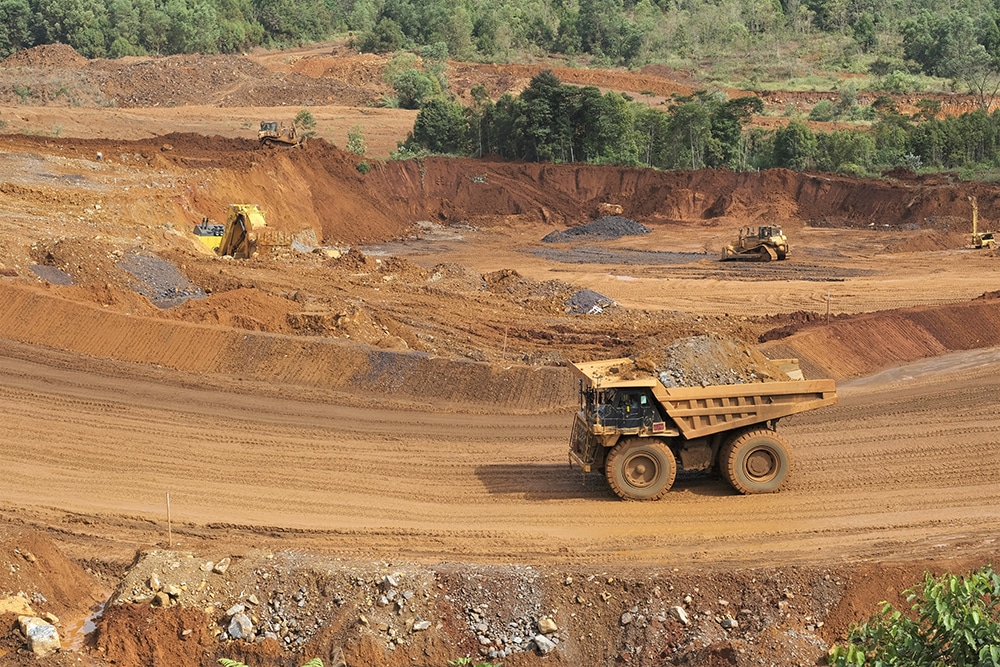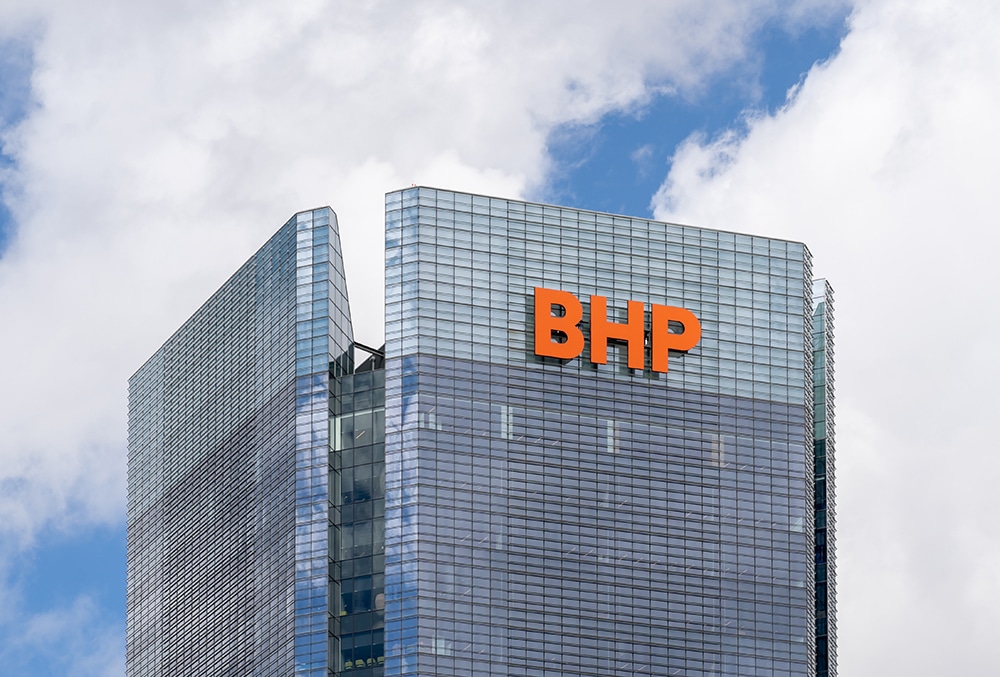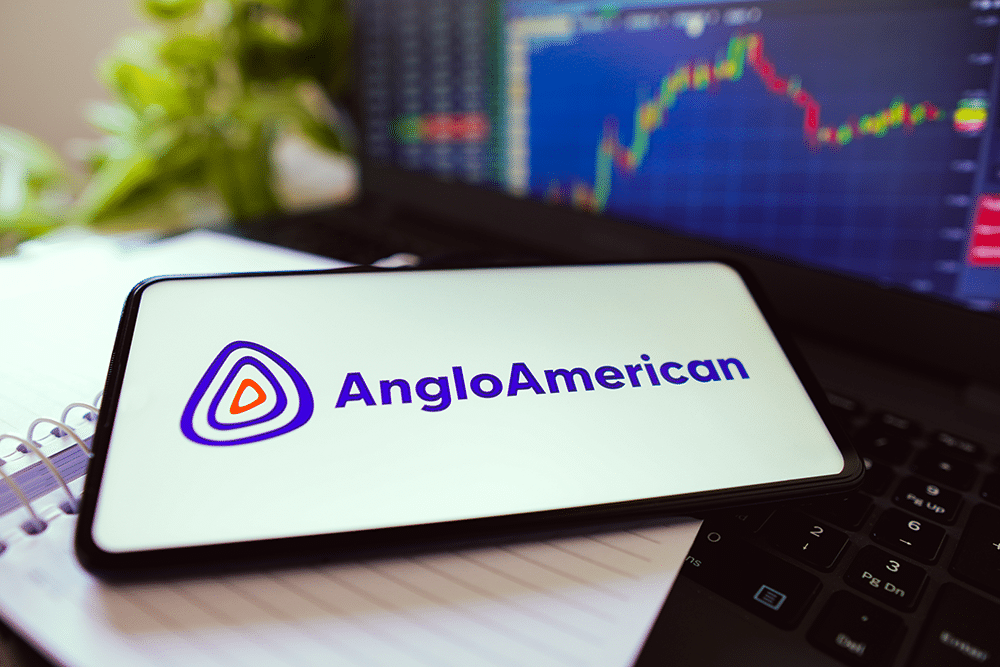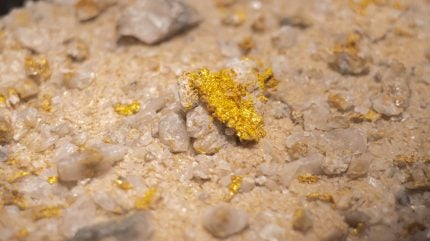AngloAmerican plans to divest several assets under its plans to simplify its portfolio, including coking coal. The move follows the company’s 2023 asset review, but also serves to rebuff a takeover takeover bid from Australia’s BHP. “Each asset was assessed for competitiveness and performance optimization potential and for its role in the portfolio,” AngloAmerican said in a May 14 announcement.
Divestment and demerger plans are to cover steelmaking coking coal, platinum, nickel, and the De Beers diamond subsidiary, thus allowing Anglo to focus on its remaining copper, iron ore, and fertilizer businesses. “Practically speaking, I believe that this will be able to be done by the end of 2025,” chief executive Duncan Wanblad stated in a video presentation.

While the move reportedly intends to ward off BHP’s advances, industry watchers also believe the company’s decision to divest itself from non-core assets plays to its advantage. “Maybe they are thinking that they can spin off the non-core assets, so that they can get a better valuation,” one source told MetalMiner.
Get a competitive edge in any type of metal market condition. Learn game-changing metal industry insights by opting into MetalMiner’s free weekly newsletter.
Coking Coal and Copper Market Could See Impacts of Divestment
AngloAmerican noted earlier that copper comprises around 30% of its portfolio. Earlier in May, one analyst told MetalMiner that the predicted lower copper supply toward the decade’s end and a lack of greenfield projects could be big factors in BHP’s interest, as the base metal will likely to play a key role in the green revolution,
The three-month closing price for copper on the London Metal Exchange was $10,114 per metric ton on May 14, off from a high $10,185 on the previous day. Bourse data also indicated that the higher price exceeded the April 29 price of $10,135.

Anglo stated that it plans to divest its funds from the sale of the steel-making coal business to reset the group’s balance sheet. Those assets primarily consist of the Moranbah North and Grosvenor mines in Queensland, where the company holds an 88% stake. Other coal assets include Capcoal Open Cut, the Aquila underground mines, and the Dawson mine, all of which are also in Queensland.
The group also plans a demerger of its South African subsidiary AngloAmerican Platinum (AAP), which produces platinum group metals (PGMs), base metals (copper, nickel, cobalt sulfate, sodium sulfate, and chrome), and gold from several sites across the African state. While the group described AAP’s assets as having “exceptional geological potential,” it noted that leaving the subsidiary in its portfolio would limit each of the companies’ ability to reflect their full value.
MetalMiner’s MMI report includes 10 metal price reports and can be used as an economic indicator for contracting, price forecasting and predictive analytics. Sign up here.
DeBeers Diamonds Also on the Chopping Block
Reports also indicate that Anglo wants to separate its De Beers diamond subsidiary from its other core activities. The firm holds 85% in DeBeers, whilst the Government of Botswana holds the remaining 15%. Apparently, the two parties are currently finalizing agreements on the sales of rough diamonds and mining licenses. So far, possible scenarios include selling De Beers to Gulf-based interests or conducting an Initial Public Offering.

The diamond sector continues to face pressure from synthetic diamonds as their production costs decline. One source told MetalMiner that there are also many environmental, social and governance issues around that sector. “It’s an opaque business,” the analyst stated.
In addition, the company wants to explore options for care, maintenance, and divestment of its two ferronickel production sites at Barro Alto and Codemin in the Brazilian state of Goiás. According to reports, the firm also plans to stop capital expenditure in Yorkshire-based polyhalite fertilizer project Woodsmith in 2026. This represents a significant change from its planned $200 million in 2025. A second analyst noted that Anglo shareholders are displeased with other investments made by the group, including in Woodsmith.
AngloAmerican and BHP Remain in Discussion For Now
AngloAmerican’s divestment plans come one day after the group rebuffed BHP’s revised offer. The Melbourne-headquartered company made its original, unsolicited offer on April 26. The latest offer, submitted on May 7, now stipulates that Anglo shareholders would receive 0.8132 BHP shares, plus ordinary shares in AngloAmerican Platinum Limited and Kumba Iron Ore.
“Aside from significantly undervaluing AngloAmerican, the latest proposal continues to contemplate a structure which the board believes is highly unattractive for AngloAmerican’s shareholders, given the uncertainty and complexity inherent, and significant execution risks,” the company stated on May 13. They added that, “The requirement to pursue two contemporaneous demergers creates significant uncertainty, which falls disproportionately to AngloAmerican shareholders.”

BHP’s previous offer valued AngloAmerican at £31.1 billion ($39.1 billion) and stipulated an all-share offer as well as the demerger of South African assets AngloAmerican Platinum and Kumba Iron Ore. “The AngloAmerican Platinum and Kumba Iron Ore shareholdings, at current market value, are worth approximately $15bn and 34% of the proposed total consideration. This is a substantial amount of stock to distribute and reflects a majority of the shares of both AngloAmerican Platinum and Kumba Iron Ore. This creates significant uncertainty as to the delivered value as part of the proposal,” the London-listed company also stated.
“In addition, by requiring this as part of a takeover of Anglo American, it would result in additional approvals related to these two demergers. The timetable to obtain these additional approvals is expected to be lengthy. Some of these approvals may result in potential conditions being attached to the approvals, which could disproportionately impact Anglo American Platinum and Kumba Iron Limited and are not addressed in the latest proposal,” the company added.
Does your company have a metal buying strategy based on current metal price trends?




